Alternative PTSD Therapies for Veterans
Post-traumatic stress disorder, or PTSD, is a mental health condition that affects individuals who have gone through difficult experiences. PTSD is especially prevalent among military veterans, with approximately 7 percent experiencing the condition at some point in their lives. There are even higher rates of PTSD in veterans who served in Operation Iraqi Freedom and Operation Enduring Freedom.
PTSD often comes with a slew of symptoms, including flashbacks, nightmares, or intrusive thoughts related to the traumatic event. If you or your loved one is currently struggling with PTSD, our compassionate team can help. We know there is no one-size-fits-all solution to treatment for this complex condition. Each individual’s experience with trauma is unique, and so is their path to healing. For this reason, exploring alternative therapies, alongside or in place of traditional treatments, can be a powerful step toward finding what truly works.
Speak with the veterans disability attorneys at Rob Levine Law today for more information.
Popular Alternative PTSD Therapies for Veterans
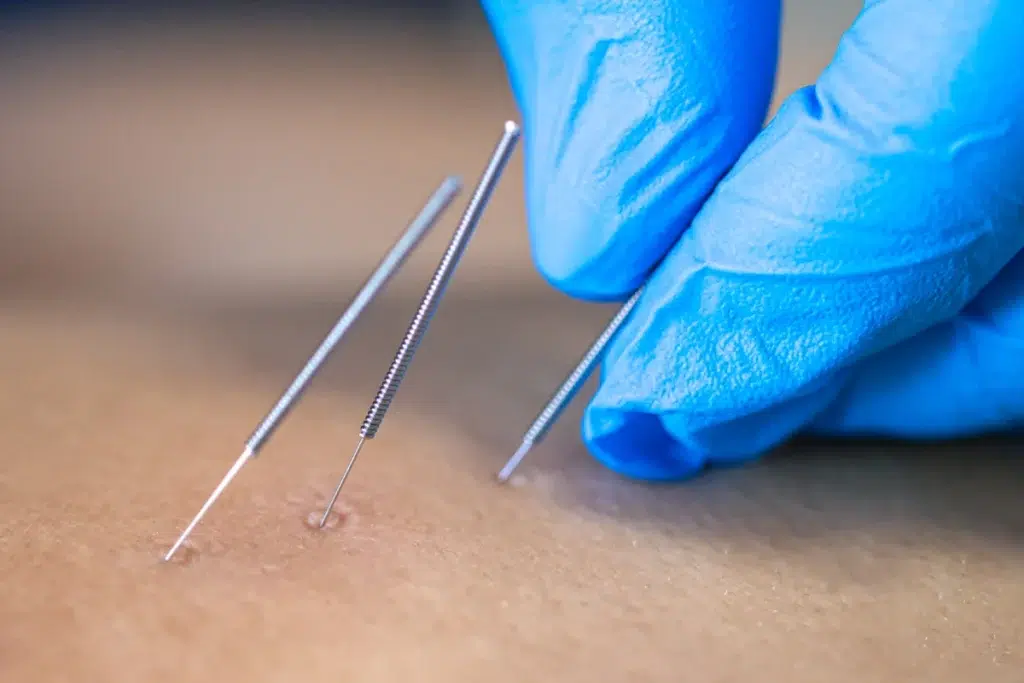
Acupuncture
Used in traditional Chinese medicine for millennia, professionals now explore acupuncture as an alternative for PTSD, with studies showing it can significantly reduce trauma and depression symptoms. The sessions typically last around 30 minutes, with treatment periods lasting from 5 days to 2 months. This treatment can also help with pain relief, including chronic headaches, and stress and anxiety reduction.
Yoga and Meditation
Mind-body practices such as yoga and meditation have been around for centuries, providing a holistic alternative to medication. Various studies have shown that yoga and meditation assist veterans in managing PTSD by decreasing anxiety and enhancing emotional regulation.
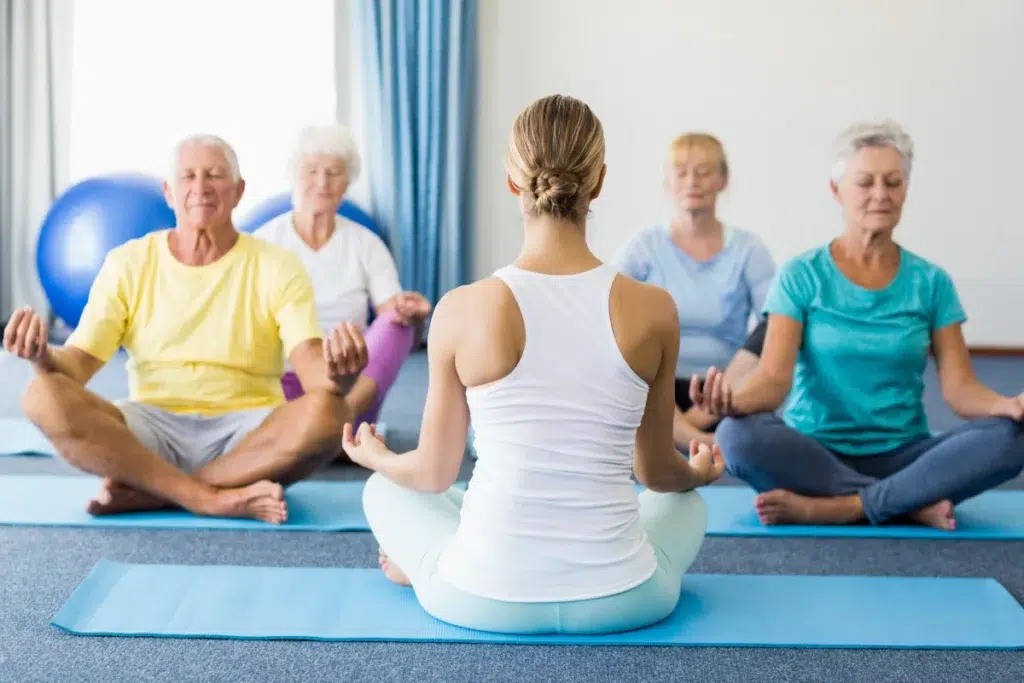

Art and Music Therapy
Reiki
Reiki is a Japanese technique for reducing stress, encouraging relaxation, and promoting healing. It offers a calming, noninvasive approach to helping veterans manage PTSD. It supports healing by easing anxiety and restoring inner peace. Scientific evidence is limited, but individuals have found Reiki to also help with sleep quality, overall mood, emotional well-being, and energy levels.
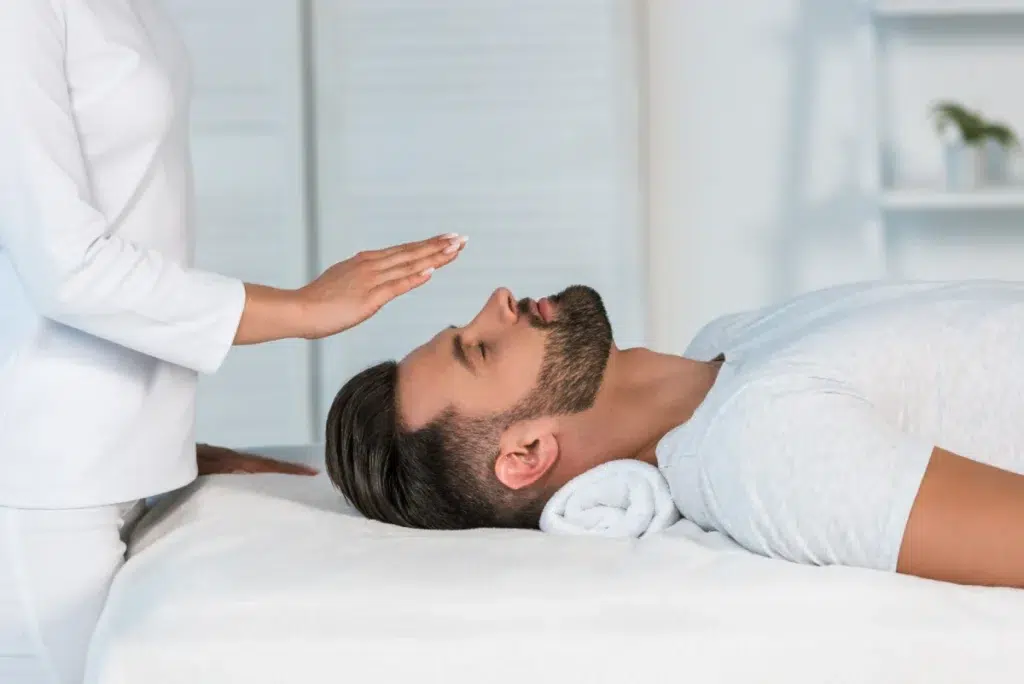
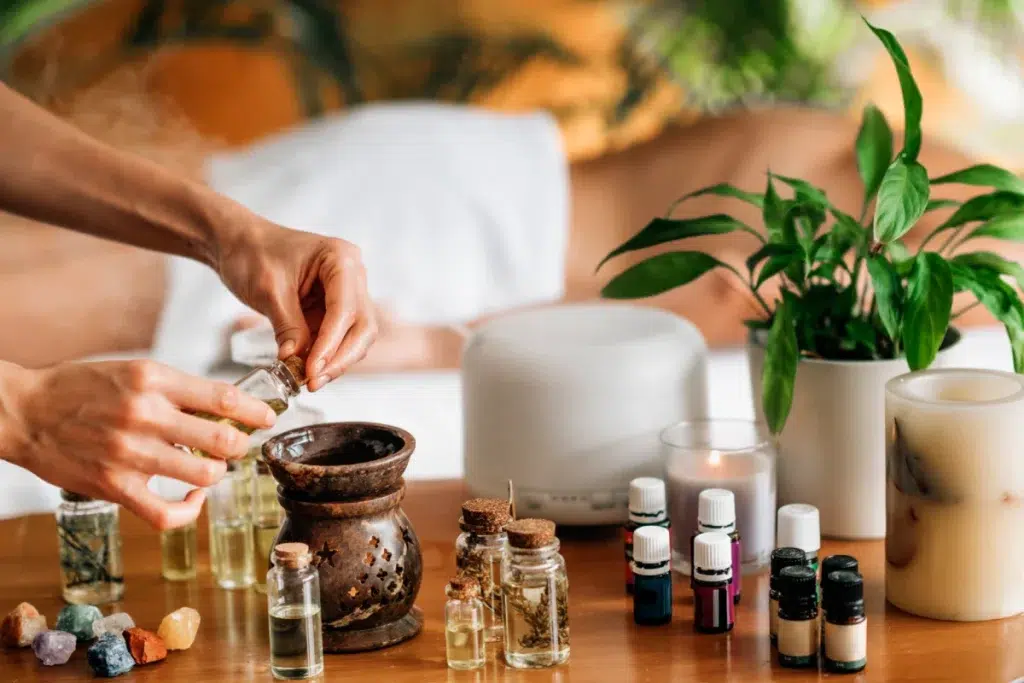
Aromatherapy
Aromatherapy offers a gentle, natural approach to support veterans coping with PTSD. The use of calming essential oils, such as lavender, frankincense, or bergamot, can help reduce anxiety, promote restful sleep, and create a sense of emotional grounding and peace. In a pilot study involving 12 military personnel and first responders, inhaling bergamot oil over a two-week period led to reduced anxiety, improved sleep quality, and decreased avoidance behavior.
Equine-Assisted Therapy
Interacting with horses and horseback riding has shown promising results in improving emotional regulation and reducing PTSD symptoms in veterans, offering a powerful experiential alternative to traditional talk therapy. Dare to Dream Ranch in Foster, Rhode Island, provides alternative therapy programs for veterans and their families struggling with emotional challenges such as PTSD.
One encouraging story highlights a veteran’s positive experience with equine-assisted therapy, which has elevated his mental health and strengthened his relationship with his son.
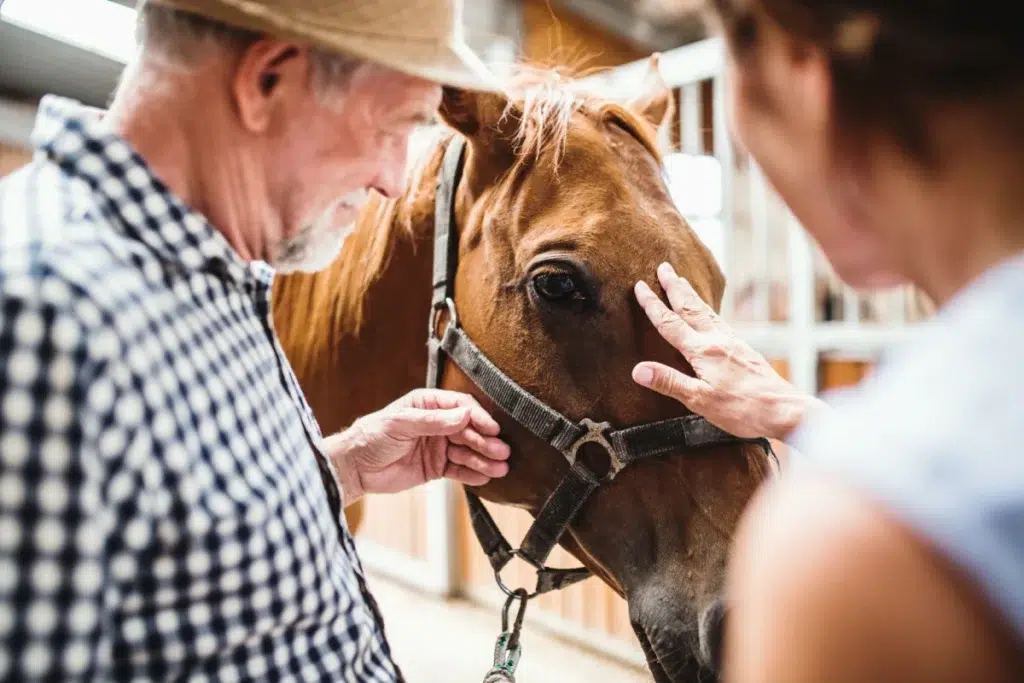
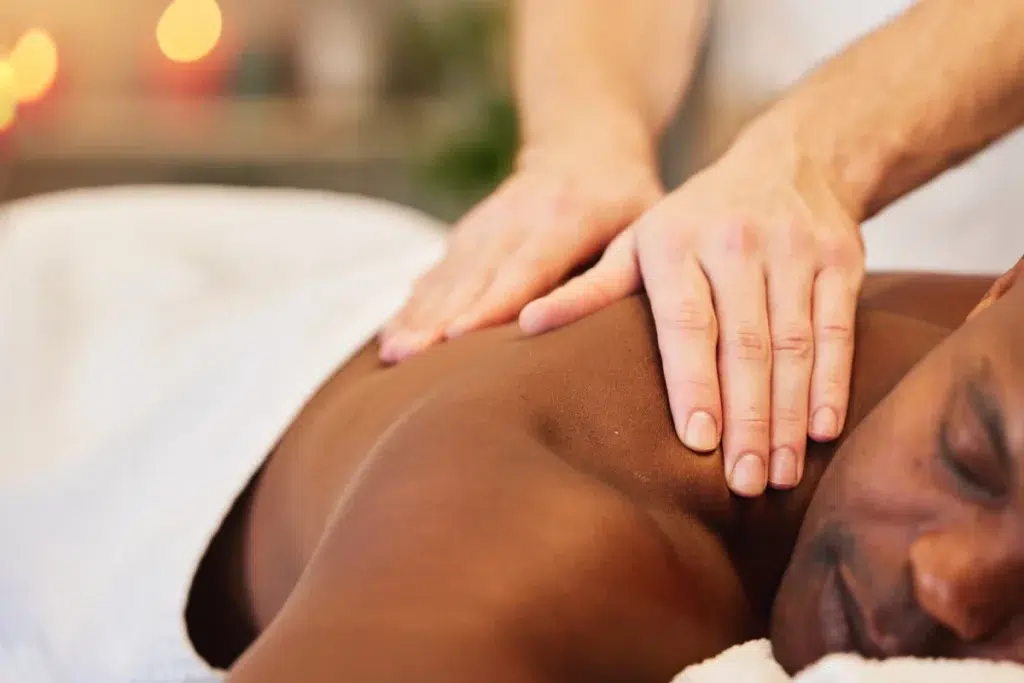
Massage Therapy
Veterans are increasingly turning to massage therapy to reduce physical tension, anxiety, and depressive symptoms linked to PTSD. It is supported by VA programs as a complementary care option. In one study, veterans reported significant decreases in physical pain, physical tension, irritability, anxiety, and depression following massage therapy sessions.
Cannabis Therapy
Though some veterans report relief with cannabis use, current VA findings do not support it as an effective PTSD treatment and caution against long-term use due to potential adverse effects. In some cases, veterans who used cannabis as a form of treatment found it difficult to quit and developed a dependency on the substance.
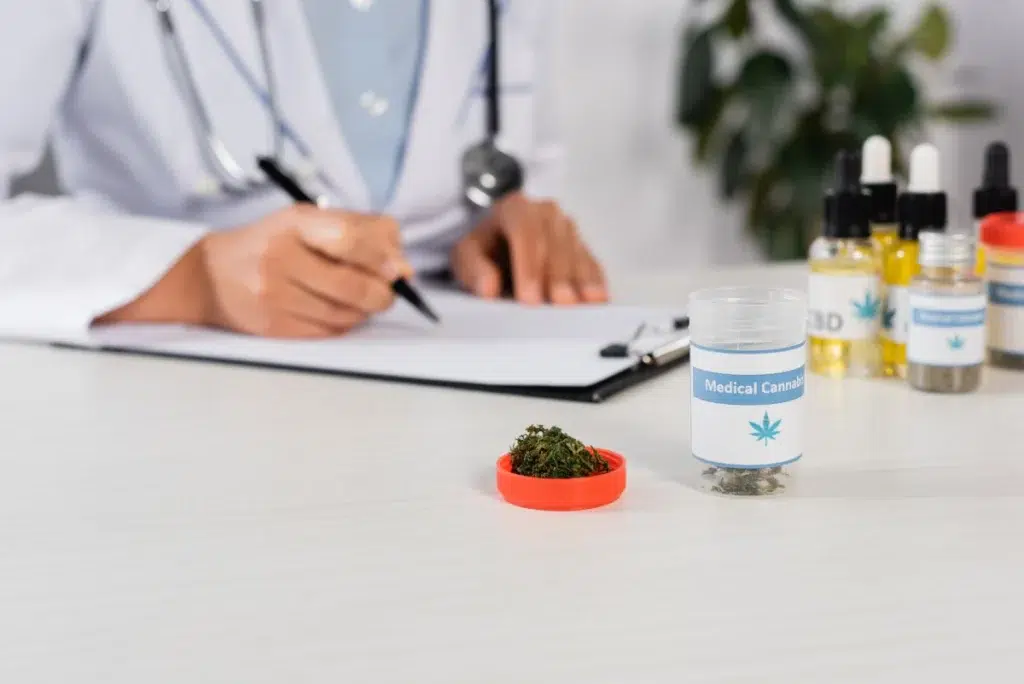
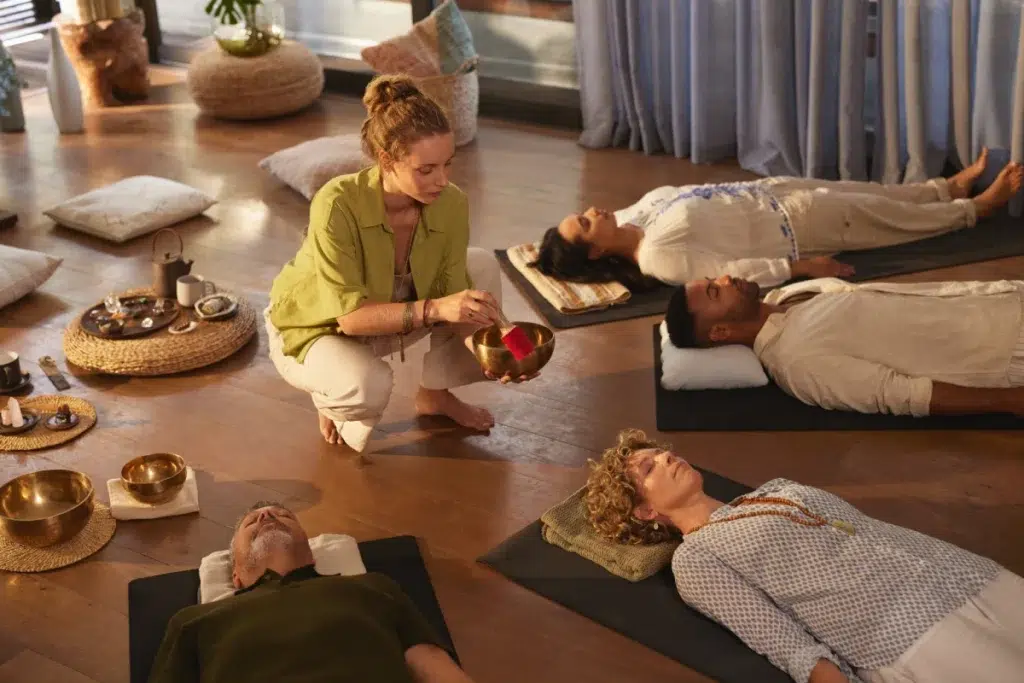
Mind-Body Approaches
Body-focused therapy, such as somatic experiencing, aims to release trauma stored in the nervous system, though more research is needed to confirm its effectiveness for PTSD. During a session of somatic experiencing, clients are guided to focus on bodily sensations as they experience distress. By slowly and gently increasing tolerance to discomfort, the body can release trauma and reduce its emotional intensity.
Service Animals
Trained service dogs offer emotional support to veterans with PTSD by providing both physical and emotional presence during anxiety episodes, panic attacks, and nightmares. They help veterans feel safer and more grounded, which reduces hyperarousal and distress. Studies indicate these dogs provide therapeutic benefits and practical assistance in daily life, helping ease PTSD symptoms by enhancing emotional regulation, promoting social interaction, reducing isolation, and increasing overall well-being.
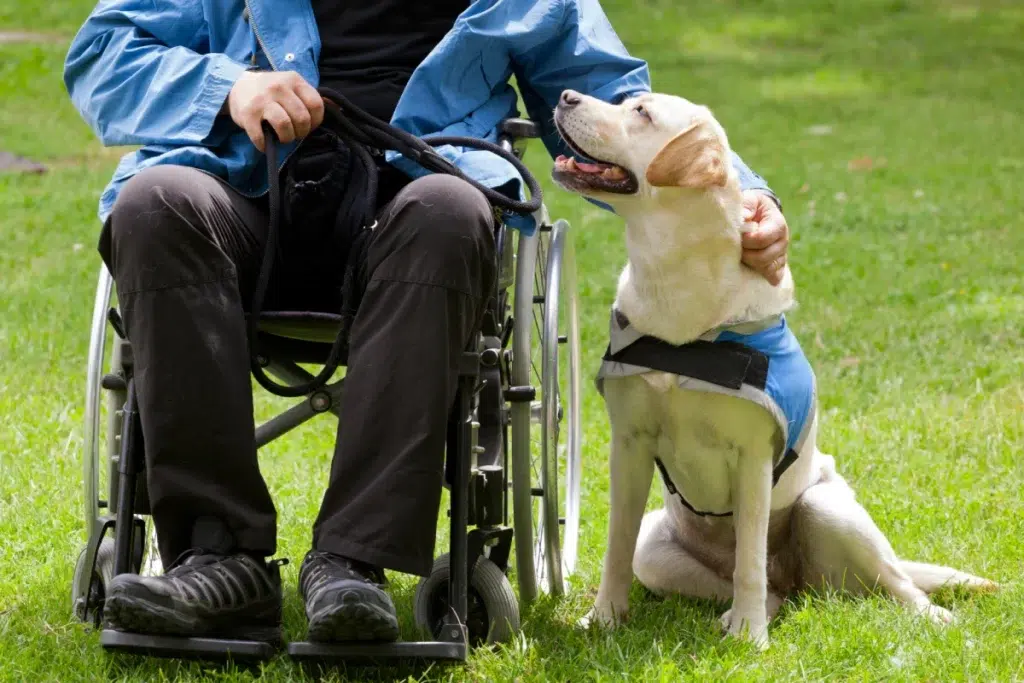

Meditation Retreats
At Rob Levine Law, we proudly sponsor veterans to attend a week-long, immersive therapeutic retreat at MycoMeditations, designed to support emotional healing and personal growth. Set in a serene, nature-rich environment, the retreat offers a structured program focused on mental wellness, reflection, and connection. This opportunity is open to veterans who have experienced PTSD, anxiety, or addiction, and are seeking alternative paths to healing outside of traditional clinical settings.
Why Considering Alternative PTSD Therapies Is Important
While medication is typically the first line of defense for PTSD treatment, it is not for everyone. Managing medications can be challenging due to their side effects and limited effectiveness. With the alternative PTSD therapies, you can find a holistic, individualized approach to mental health support.
If you are a veteran suffering from PTSD, you are not alone, and there are proven options for treatment. The veteran community nationwide is growing in its interest in alternative treatments. Call Rob Levine Law today for more information.
Support Programs and Resources for Veterans
Several programs and resources are available to veterans for further support.
- The U.S. Department of Veterans Affairs provides numerous alternatives to medication for veterans struggling with PTSD.
- The Wounded Warrior Project is a nonprofit organization that supports veterans through various wellness programs, including art therapy and outdoor recreation.
- Give an Hour is another nonprofit that provides free mental health services to veterans and their families.
- Veterans Yoga Project is an organization that supplies veterans with yoga and mindfulness-based programs relating to trauma and PTSD conditions.
- Operation Mend, a part of UCLA Health, offers veterans a holistic approach to healing, including massage therapy, acupuncture, and other non-traditional therapies.
How Our Attorneys Can Help
At Rob Levine Law, our dedicated and knowledgeable attorneys can assist veterans seeking compensation or benefits related to PTSD. We are committed to helping those who have not received adequate care or support for their condition. Our legal team can assist you in several ways, including navigating the initial claims process for veterans disability and appealing denied claims.
Every veteran’s experience is unique, and the approach to their mental health treatment should be too. Veterans have alternative therapies available to them for their PTSD symptoms. Our compassionate attorneys can help identify what may be best for you. We believe in advocating for the mental health and rights of veterans. If you or your loved one is suffering from PTSD symptoms as a veteran, do not hesitate to speak with our legal team today.
